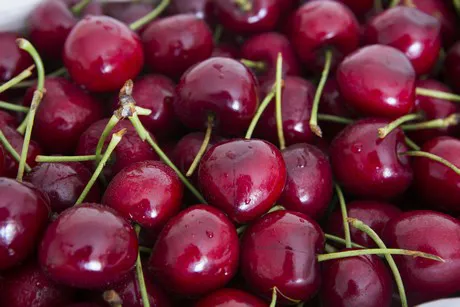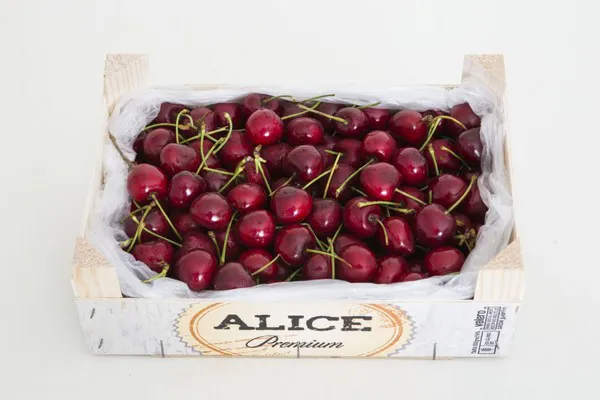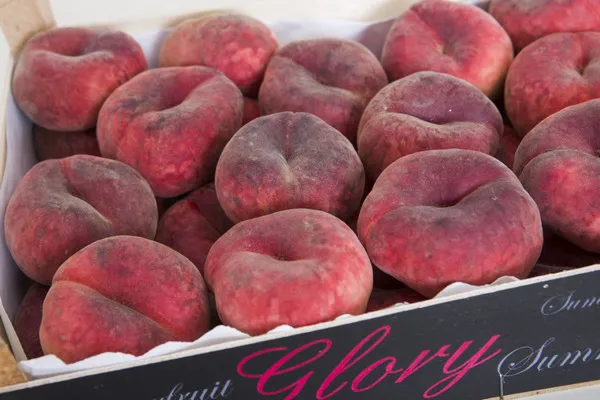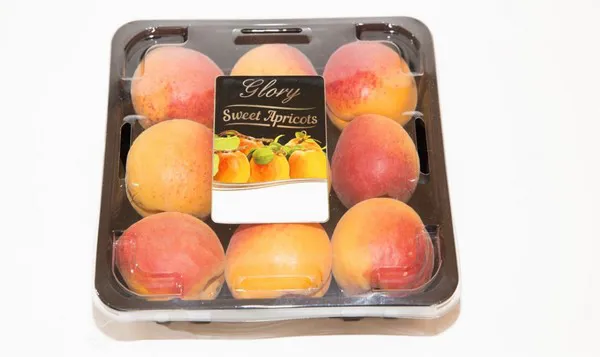Rains, frosts and hail in most of the cherry-producing areas of Spain, from El Jerte to Alicante, Tarragona and Lleida, among others, as well as in Italy and France, have caused a notable shortage of fruit in the European markets.

"The campaign has been very challenging so far, since we hardly have any production," says Ramón Pascual, from the sales department of Summerfruit, based in Fraga, Huesca. "In addition to the complications caused by the limited worker mobility due to the COVID-19 health crisis, it has rained four times more than usual. It looked like the weather was going to improve in June, but the rains and hail have yet to stop. Every time we start with a new variety, it rains again and it spoils everything."
The supply was already smaller this year due to the lower yields, but the rains have further reduced the marketable volumes and affected the quality of the fruit, in general.

According to Pascual, the price level is very good, "although it does not compensate for the lost volumes, since we can only use 40% of the fruit that we harvested due to quality problems. There are varieties that have actually been left unharvested."
Turkey is now starting its cherry harvest and is going to find a market with little competition in Europe. The harvests in Germany, Austria and the United Kingdom will also start soon.

"In general, there is a gap in the fruit supply in the European markets that affects pome fruit, stone fruit, citrus or watermelons, which entails a high demand," says Ramón Pascual. "At the end of this week, we will start marketing nectarines, peaches, Paraguayo peaches and apricots. In Lleida, we expect the stone fruit harvest to be between 20 and 30% smaller than last year, mostly due to the low temperatures recorded this spring. The lack of peaches, nectarines and Paraguayo peaches will be especially noticeable in the months of June and July."

Although Summerfruit is usually present with its cherries in distant markets, such as Singapore, Hong Kong, Thailand, Dubai, Kuala Lumpur, the United Arab Emirates, Canada or South Africa, this year, given the low supply, it will focus mainly on nearby markets in Europe. "This year, there is no room for us to take risks. In Europe, the prices paid for the fruit are good and it is sold and placed on supermarket shelves within 72 hours. Apart from this, we will meet our commitments overseas."
More information:
Ramón Pascual
Summerfruit
Ctra. Nacional 221, km 329
Fraga, Huesca. Spain
T: +34 974453915
ramon@summerfruit.es
www.summerfruit.es
